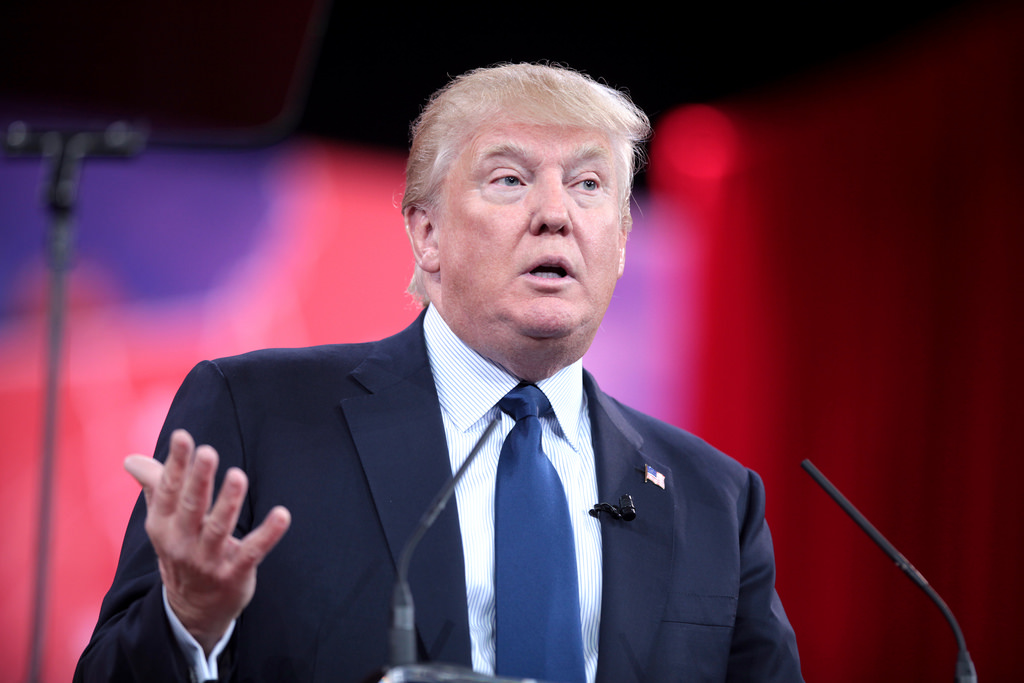Views expressed in opinion columns are the author’s own.
My colleague Sarah Riback recently wrote a column about the importance of hope in the face of the Trump administration and how the country has transformed in the first year of his presidency. Although she made solid points about keeping a positive outlook on our country’s future, it is important remember that hope is not enough to make real changes to our society. Our generation must be the vessel of change if we are to preserve democracy and the values that make our nation a welcoming, tolerant place. This can only be achieved by actively engaging in politics at any level, not by passive hope.
Riback emphasizes the “individual power we each hold by simply being hopeful.” Yes, remaining hopeful in the face of adversity is important, but hope does nothing to change an unpleasant situation. Hope is more of a sentiment that can improve one’s individual outlook on life. Nevertheless, without decisive action, the mere feeling of hope does nothing to alter external circumstances. We cannot rely on wishes and desires to get things done.
As college students, it is particularly important we develop this mindset, because we are on the cusp of entering the real world. As young adults who are navigating our place in society, it is crucial that we maintain hope within ourselves, as Riback mentioned, but also learn how to actively be a part of the change that we want to see.
A prime example of taking action, and perhaps one of the easiest ways to engage in politics, is to vote. And I’m not just referring to our presidential elections. Voting for congressional and local representatives is just as important, even though many people brush those elections off. The federal representatives you vote for directly affect the bills that are passed in Congress. They’re our direct pipelines to Washington, D.C., and it’s time more people start using them to get their opinions heard. And while voting is important, it’s not enough; calling or emailing your representatives is the extra step that can connect your voice to what is being debated on Capitol Hill.
I’m not saying this to patronize people who are apathetic to politics. I am a college student who understands that the stress of homework, internships and jobs can make it easy to live in a college bubble. But it is crucial for everyone to step outside that bubble once in a while and remember we are part of a world that is bigger than ourselves — the changes occurring in our nation are more significant than that test coming up next week or that job interview tomorrow.
So, if you’re passionate about a particular social or political issue, be part of the conversation and take action. If you’re against the proposed tax plan that would hurt graduate students, call your representative to tell them your thoughts. If you care about women’s health and control over their own bodies, volunteer at a Planned Parenthood. If you are concerned about this country’s gun control policies, attend a rally and be part of a collective voice that is greater than your individual one.
My point is not to crush the importance of hope, because it is important — hope is what keeps people going through dark times. Hope for a better future motivates us in the present. That said, you can’t just hope your problems will fade away. Given the wide range of problems our nation faces, it’s time to get our hands in there and be part of the solution.
Asha Kodan is a sophomore biology major. She can be reached at ashakodan@ymail.com.



